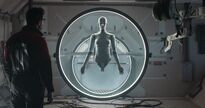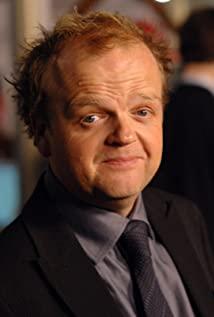I just watched this movie, and I still have a lot of feelings. Personally, I feel that I should rely on diversification to understand this movie. After all, there are a lot of elements in the movie. The following are personal opinions and are for reference only.
From a realist understanding, some words can also be generalized: selfish, exploited, isolated, cherished, may not be generalized accurately, but if understood in a personal way, these words can indeed make a home. J2's realistic portrayal of real characters is actually reflecting social issues. Everyone is well aware of such social issues, so I won't say much about them. J3's last compromise or last scheming, J1's last active dedication, the male protagonist's unobstructed purpose at the end, intertwined with the pressure of the external environment, it is also worrying to watch, but it is also against the male protagonist's behavior Can understand, who can not be selfish to the person they love the most? From a critical point of view, there is a lot that the male protagonist can pull out. From his attitude towards J2 and the final fuse, that is, taking away J2's legs, what I see is that he does not cherish it. It is not difficult for us to see the changes in J2's emotions in the movie. From loss to final despair, J2 has no expression as a robot, but we can read her mind from it, which still reflects the director's careful atmosphere creation. The rendering of the misty and hazy scenery is a lot of effort. If you have seen Machina, your friends must be familiar with this technique. This technique is also used throughout the entire chapter. Personally, I think it is to render an unknown atmosphere. The unknown exists in the development of the story as well as in the psychology of the characters. For this movie, we can't just regard the male protagonist as a living entity. In short, the three robots that appear are all flesh and blood living entities. After the ending of "Ex Machina" is reversed, we are more inclined to treat only two of them. Men are seen as flesh-and-blood individuals, and the themes expressed in the two films are different. "Ex Machina" is more inclined to a reflection on AI or a reflection on human self-behavior, this film may be more inclined to a reflection on human self-behavior. Most of my feelings lie in the fact that the male protagonist does not cherish it. Some friends may say that the male protagonist cherishes the female protagonist and only loves the female protagonist. Isn't this the fact that he can best reflect the cherishing? Actually, I think he has cherished here. It has risen to an unnecessary height. The female protagonist has expressed that she does not need to be locked in that box after death, but the male protagonist still insists It's good, but it's absurd to talk about cherishing after death. Besides J1 and J2, it was said earlier that they should not be regarded as simple robots. They are indeed flesh-and-blood individuals. The male protagonist still does not cherish it, and even gives up what he already has in exchange for nothingness. Isn't J2 worth cherishing? ? For example, when we are fifteen or sixteen years old, our emotional demands should be strong, being neglected and isolated, perfunctory and deceitful, no one can maintain a good attitude, the ending of J2 can be imagined, if the male protagonist cherishes J2 , really treat it as a writer, not just a prototype designed for the J3, what will happen?
To sum up, I still think that the word cherish is something I can read. Maybe the direction is a bit biased. After all, it is still a niche movie, and everyone has their own understanding. Thank you for taking the time to read so long and taking up your precious time. ! We can communicate with you if you have any thoughts, welcome!
View more about Archive reviews











